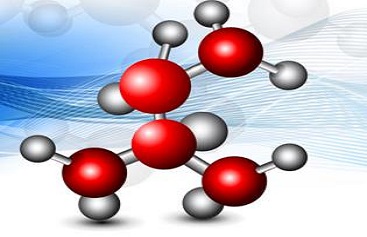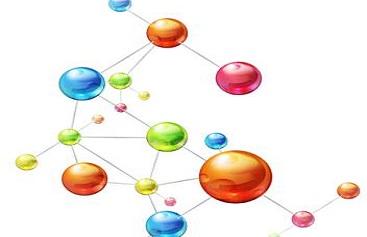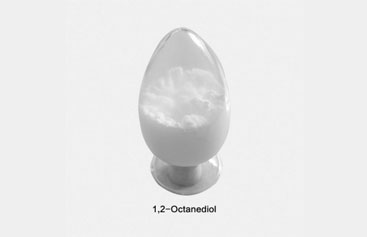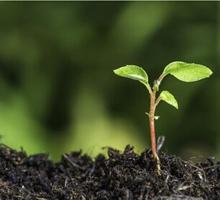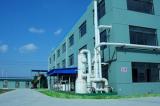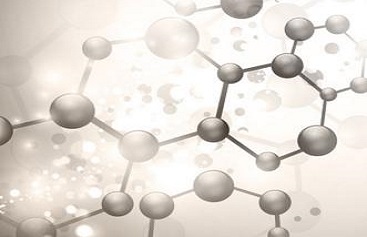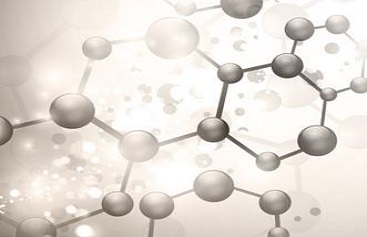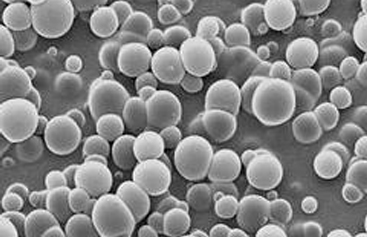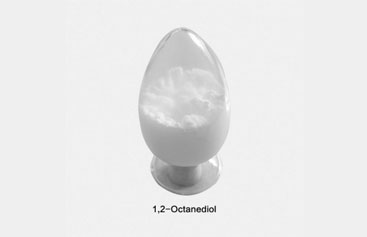PesticidesPesticides
Pesticide is any substance or mixture of substances intended for
Preventing, destroying, repelling or mitigating any pest.
Use as a plant regulator, defoliant, or desiccant.
Use as a nitrogen stabilizer
Pesticide, any toxic substance used to kill animals or plants that cause economic damage to crop or ornamental plants or are hazardous to the health of domestic animals or humans. All pesticides interfere with normal metabolic processes in the pest organism and often are classified according to the type of organism they are intended to control. (See herbicide; insecticide; fungicide; fumigant.)
Allyl Alcohol
Chemical Formula: C3H6O
CAS No.: 107-18-6
Dangerous Grade: 6.1
Methyl Iodide
Chemical Formula: CH3I
CAS No.: 74-88-4
Dangerous Grade: 6.1
Isoprenol
Chemical Formula: C5H10O
CAS No.: 763-32-6
Dangerous Grade: 3
Ethyl Iodide
Chemical Formula: C2H5I
CAS No.: 75-03-6
Dangerous Grade: 6.1
Sodium Alpha Olefin Sulfonate (AOS-35)
Chemical Formula: R-CH=CH-(CH2)n-SO3Na
CAS No.: 68439-57-6
Dangerous Grade: Non-dangerous
Phenoxyacetic Acid
Chemical Formula: C8H8O3
CAS No.: 122-59-8
Dangerous Grade: N/A
Methyl 2-Chloropropionate
Chemical Formula: C4H7ClO2
CAS No.: 17639-93-9
Dangerous Grade: 3
Allyl Glycidyl Ether
Chemical Formula: C6H10O2
CAS No.: 106-92-3
Dangerous Grade: 3
Bronopol
Chemical Formula: C3H6BrNO4
CAS No.: 52-51-7
Dangerous Grade: 4.1
2,4-Dihydroxybenzoic Acid
Chemical Formula: C7H6O4
CAS No.: 89-86-1
Dangerous Grade: None
Cinnamic Acid
Chemical Formula: C9H8O2
CAS No.: 621-82-9
Dangerous Grade: None
Propyl Bromide
Chemical Formula: C3H7Br
CAS No.: 106-94-5
Dangerous Grade: 3
Acetyl Chloride
Chemical Formula: C2H3ClO
CAS No.: 75-36-5
Dangerous Grade: 3.2
Alkyl Polyglycosides (APGS)
APGs are nonionic surfactants made from natural fatty alcohol and glucose which are derived from plant resources.
Propionyl Chloride
Chemical Formula: C3H5ClO
CAS No.: 79-03-8
Dangerous Grade: 3
1-Phenyl-3-Methyl-5-Pyrazolone
Chemical Formula: C10H10N2O
CAS No.: 89-25-8
China's chemical pesticide production amounted to an annual production volume of about 3.7 million tons in 2014. The import volume of pesticides to China maintained a steady growth and reached over 76 thousand tons in 2013 with an import value of over 690 million U.S. dollars that year. However, this figure was still insignificant compared to the export value of China pesticide manufacturing industry.
Regarding the public perception of pesticide manufacturing in China, concerns among Chinese consumers about pesticides had ranked first in a survey on food safety in 2014.Among Chinese farmers and agricultural businesses, the utilization of pesticide in China differed greatly from region to region. Shandong, Henan and Hubei were the provinces that used the most pesticide, consuming over 400,000 tons in 2013, whereas the provinces of Tibet, Qinghai and Ningxia had utilized less than 6,000 tons of pesticide that year. Pesticide products contain at least one active ingredient and other intentionally added inert ingredients. Called “inert ingredients” by the federal law, they are combined with active ingredients to make a pesticide product. Inerts are chemicals, compounds, and other substances, including common food commodities (e.g., certain edible oils, spices, herbs) and some natural materials (e.g., beeswax, cellulose).Inert ingredients play key roles in pesticide effectiveness and product performance. Examples of functions inerts can serve include: Act as a solvent to help the active ingredient penetrate a plant's leaf surface.
Nanjing Chemical Material Corporation is a professional chemical distributor company which is set up through the restructuring of state-owned Nanjing Chemical Raw Material Head Company. We provide Anionic Surfactant, Cationic Surfactant, Allyl Glycidyl Etherand so on. Want to know about pesticide active ingredients list? Please contact us.
Send product request
Other supplier products
| 1,3-Propane Sultone | 1,3-PropaneSultone Features of 1,3-Propane Sultone Product Name: 1,3-Propane Sultone Chemical Formula: C3H6O3S CAS No.: cas 1120-71-4 Dangerous Gra... | |
| Pesticides | Pesticide Active Ingredients List Pesticide is any substance or mixture of substances intended for Preventing, destroying, repelling or mitigating ... | |
| Ethyl Vinyl Ether | Features of Ethyl Vinyl Ether Product Name: Ethyl Vinyl Ether Chemical Formula: C4H8O cas 109-92-2 Dangerous Grade: 3 Technical Data of Ethyl Vinyl... | |
| Butyl Vinyl Ether | Features of Butyl Vinyl Ether Product Name: Butylvinylether Chemical Formula: C6H12O CAS 111-34-2Dangerous Grade: 3 Technical Data of Butyl V... | |
| Butyl Iodide | Features of Butyl Iodide Product Name: Butyl iodide Chemical Formula: C4H9I CAS No.: 542-69-8 Dangerous Grade: 3 Technical Data ofButyl Iodide... |
Same products
| Propionyl Chloride | Seller: Nanjing Chemical Material Corp. | Features of Propionyl Chloride Product Name:Propionyl chloride Chemical Formula: C3H5ClO Propiony... | |
| Potassium Iodide | Seller: Nanjing Chemical Material Corp. | Features of Potassium Iodide Product Name: Potassium iodide Chemical Formula: KI CAS No.: cas 768... | |
| Polyether Polyol 8000 | Seller: Nanjing Chemical Material Corp. | Features of Polyether Polyol 8000 Product Name: Polyether Polyol 8000 Chemical Formula:N/A CAS No... | |
| Phenyltrimethoxysilane | Seller: Nanjing Chemical Material Corp. | Features of Phenyltrimethoxysilane Product Name: Phenyltrimethoxysilane Chemical Formula: C9H14O3... | |
| PharmaceuticalsPharmaceuticals | Seller: Nanjing Chemical Material Corp. | Pharmaceutical is responsible for the development, production and marketing of medications. Thus,... |





